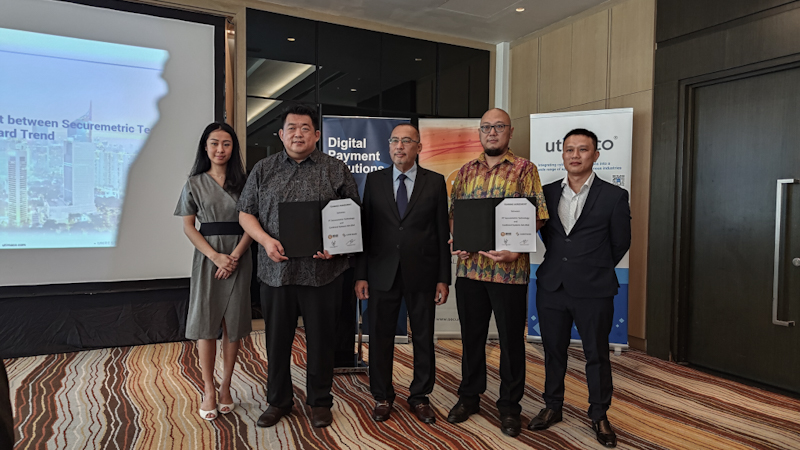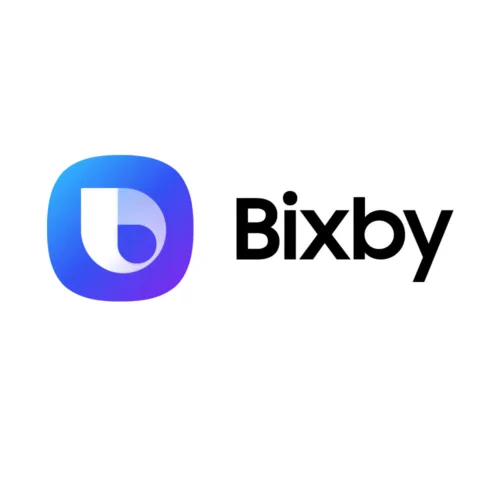In our increasingly digital world, we still cannot separate ourselves from physical objects. We [still] have physical bodies, not in energy or electronic form, and still interact with physical things. The computer/tablet/handphone that you’re holding? That’s your window into the digital world, although this ‘window’ still differs from person to person, and that’s if they have access. Perhaps you haven’t bought a CD for years and choose to look for songs on the Internet (regardless of legality)? You’d still need a set of speakers or headphones to listen to them.
Life in the digital world is also very dependent on its roots in the physical world. A news service, for instance, would be very dependent on many factors to continue serving news every second to its readers. Servers, bandwidth and even the location of the server take a role in how good the service is. How smart the program is created will also define how many devices can read that news, as it would be read by the ‘windows’ mentioned earlier. An MMORPG service would not last long if the supporting servers and infrastructure were not up to speed to support thousands of concurrent users. So, behind every digital, intangible thing, which we can only see through a ‘window’, there are physical support systems to ensure these digital experiences can deliver.
Of course, in a digital ecosystem, exponential scalability will ensure that the per item price of digital products offered to consumers will always go down. As a comparison: storing 1 GB of data today will definitely be cheaper than 5 years ago. The processor speed of the topline computers from 20 years ago wouldn’t stand a chance against today’s low-end phones. Therefore, a digital file spread on the Internet has a price of almost zero, at least in proportion to the cost needed to keep the file present in the Internet. If there is a price, it is more of a reflection of the willingness of consumers to pay for it, and the process needed to create that file, instead of the actual price of the file itself.
It goes back to the creation process. Everything on the Internet – yes, all – from songs, poetry to books; even the software that runs Internet switches at ISPs – are made with real cost in the real world. A good programmer mus study, eat and sleep – all which have a related cost – to create an effective software. A musician must study and practice, even better with his or her own instrument (even a vocalist mus learn to listen to his or her own voice on a sound system), so there are related costs. The creation process has a cost, so if there is ever some money that we, as a user or a fan, spend for the result of that creation process – whatever its form – it will help fund that creation process.
Uniquely, the digital economy has helped usher in a new ‘craft’ movement, even if I’m using the term loosely here. The disappearance of value of products that are easy to duplicate – like CDs, DVDs – has given a chance for smart creators to start making products or experiences that are unique and difficult to reproduce, so that it retains a high value for the potential consumers. Pirated DVDs may pervade, but the cinemas are never quiet. Even if concert tickets are getting more expensive, the amount of concerts and interest towards them are increasing. There are also bands who release limited edition CDs that will definitely be picked up by their fans. Even autographed books sold via the Internet would be something of value for a fan. The digital world actually helps these kinds of efforts – when previously they could only sell books in one city, now they can sell it all over the world. The potential customer pool is widened.
Good or bad, large or small, many things will remain sustainable when the digital world is a part of a complete experience that lives in the physical world. The world around us, through education, culture, and so on, influences our ‘second’ lives in the virtual space, and vice versa. It could be said that the digital world is build on the physical world, in context and in the economical sense. So, when we become a consumer or build a business on digital, it is wise to keep this in mind.
 Ario is a co-founder of Ohd.io, an Indonesian music streaming service. He worked in the digital music industry in Indonesia from 2003 to 2010, and recently worked in the movie and TV industry in Vietnam. Keep up with him on Twitter at @barijoe or his blog at http://barijoe.wordpress.com.
Ario is a co-founder of Ohd.io, an Indonesian music streaming service. He worked in the digital music industry in Indonesia from 2003 to 2010, and recently worked in the movie and TV industry in Vietnam. Keep up with him on Twitter at @barijoe or his blog at http://barijoe.wordpress.com.








